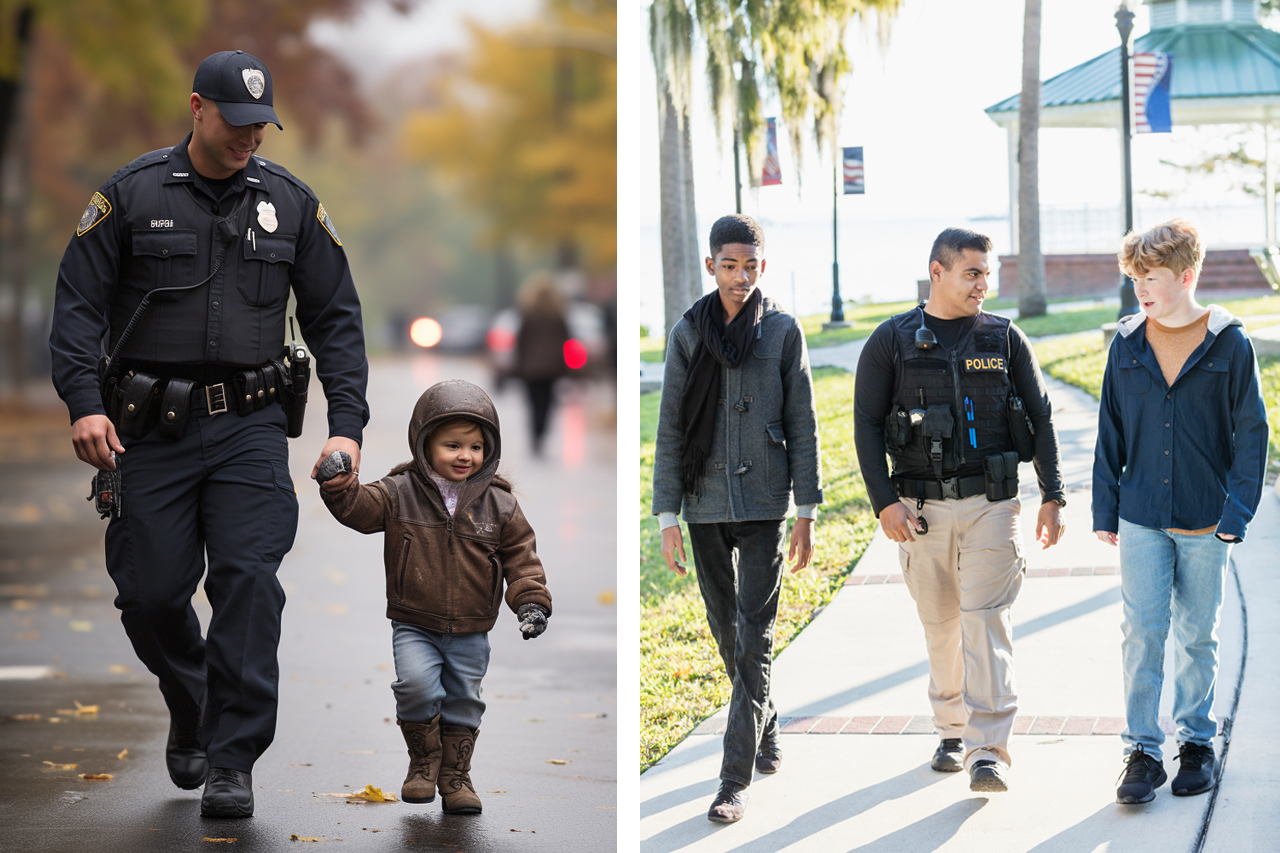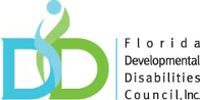Training for First Responders on Autism and Intellectual Disabilities
Monday, Jun 24, 2024
 By Torica Exume, Ph.D., Clinical Researcher
By Torica Exume, Ph.D., Clinical Researcher
The probability of a first responder encountering an individual on the autism spectrum is on the rise. Police officers handle diverse emergency situations daily, each with unique circumstances and involving individuals with distinct traits. While well-trained for most cases, their approach may not suit those with autism spectrum disorder (ASD) and intellectual and developmental disabilities (I/DD), leading to potential tragic outcomes like injury or loss of life. Whether the emergency pertains to a medical issue or a behavioral crisis, having a thorough understanding of ASD/IDD and potential behaviors associated with them is essential for achieving a positive outcome in any situation.
Individuals diagnosed with ASD/IDD may experience heightened emotional reactions during volatile and stressful circumstances. For someone with ASD/IDD, comprehending emergencies can be challenging. Furthermore, individuals with ASD/IDD may not readily respond to verbal instructions, might react with a startle response to physical touch, may flee when approached, or could exhibit self-injurious or aggressive behavior.
While there are several reports on training for law enforcement personnel, fewer reports address training for mobile crisis units, hospital emergency department staff, 911 operators, and fire/ Emergency Medical Technician (EMT) units, all of whom play crucial roles in promptly and appropriately treating individuals with I/DD in mental health crises.
Florida Atlantic University Center for Autism and Related Disabilities (FAU CARD) has been awarded a grant from the Florida Developmental Disabilities Council (FDDC) that will enable FAU CARD to create and deliver training sessions for law enforcement officers and first responders, including emergency medical personnel, firefighters, and other relevant responders. These training sessions aim to equip responders with the necessary skills to effectively, and safely, engage with individuals who have ASD/IDD.
These training components will include verbal communication techniques, the use of augmentative devices, appropriate de-escalation methods, behavior management strategies, and safe physical intervention practices tailored to accommodate physical limitations. This project will also establish an advisory committee, examine state legislative regulations and policies related to the training of law enforcement and emergency personnel on I/DD and co-existing mental health conditions.
Ideally, FAU CARD’s training program will include a detailed step-by-step curriculum with multiple training topics (with explanations, videos, modeling, role-playing, discussions, feedback, pre- and post-testing) for law enforcement offices and emergency medical specialists to not only identify ASD/IDD individuals, but now select from a wide range of techniques to use to effectively and empathetically respond to individuals with ASD/IDD to foster trust and increase positive interactions.
 This project is provided by the Florida Developmental Disabilities Council, Inc., supported in part by grant numbers 2301FLSCDD and 2401FLSCDD from the U.S. Administration for Community Living (ACL), Department of Health and Human Services (HHS), Washington, D.C. 20201 as part of financial assistance awards totaling $8,889,783 with 100% funded by ACL/HHS. Grantees undertaking projects with government sponsorship are encouraged to express freely their findings and conclusions. Points of view or opinions do not, therefore, necessarily represent official ACL policy and do not necessarily represent the official views of, nor an endorsement, by ACL/HHS or the U.S. Government.
This project is provided by the Florida Developmental Disabilities Council, Inc., supported in part by grant numbers 2301FLSCDD and 2401FLSCDD from the U.S. Administration for Community Living (ACL), Department of Health and Human Services (HHS), Washington, D.C. 20201 as part of financial assistance awards totaling $8,889,783 with 100% funded by ACL/HHS. Grantees undertaking projects with government sponsorship are encouraged to express freely their findings and conclusions. Points of view or opinions do not, therefore, necessarily represent official ACL policy and do not necessarily represent the official views of, nor an endorsement, by ACL/HHS or the U.S. Government.


